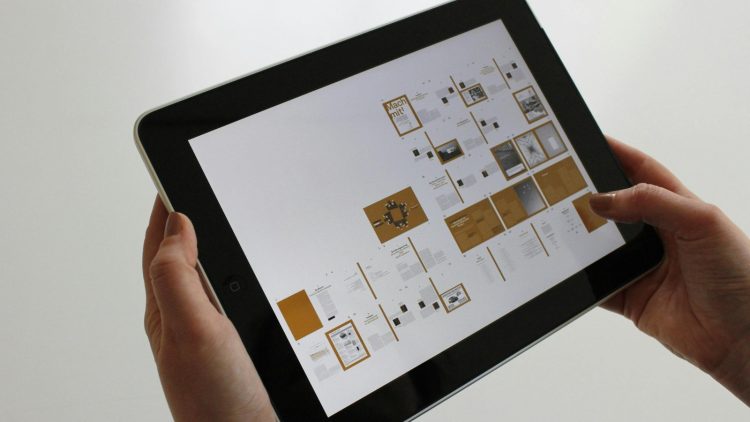
The quest for land ownership in Kenya remains a central aspiration for many, deeply intertwined with identity and economic stability. In July 2025, the challenges and opportunities surrounding land acquisition are more complex than ever, prompting a critical look at how technology and reputable developers are reshaping the landscape.
One of the most persistent hurdles in 21st-century Kenya is the enduring issue of land fraud. Despite advancements, sophisticated cartels continue to exploit loopholes, leading to double allocations and contested ownership. Compounding this are opaque ownership records, making due diligence a daunting task, often resulting in protracted legal battles. Furthermore, the lengthy, confusing, and fragmented transfer processes remain a significant bottleneck, demanding multiple physical visits to various government offices, a system ripe for modernization.
However, technology is emerging as a powerful disruptor in this space. Imagine a future where blockchain technology underpins Kenya’s land registries. This would create immutable, transparent, and unalterable records, effectively eliminating fraud and ensuring secure transactions. Beyond this, drone mapping and Geographic Information Systems (GIS) offer unprecedented accuracy in land surveys and boundary demarcation, proactively resolving disputes. The proliferation of online platforms and mobile applications is also simplifying land searches, enabling more efficient due diligence, and directly connecting verified buyers with legitimate sellers, thereby cutting out exploitative middlemen. This not only streamlines the acquisition process, making it faster and more secure, but also empowers individuals with information previously difficult to access.
While the promise of technology is immense, it’s crucial to acknowledge the human element and ensure inclusivity. The digital transformation must be accessible to everyone, particularly rural communities who may lack digital literacy, consistent internet access, or necessary devices. There’s a vital need to respect and integrate traditional land ownership systems and customary laws with digital solutions. Technology should serve as a tool for empowerment, not exclusion, demanding extensive training, public awareness campaigns, and community engagement for successful adoption.
In parallel with technological advancements, reputable private sector developers like Home Afrika play a crucial role in mitigating land acquisition risks for individuals. These developers typically acquire large tracts of land, undertake comprehensive due diligence on the entire parcel, and handle the often-complex subdivision and titling process themselves. For the individual buyer, this translates to significantly reduced exposure to fraud, as they are purchasing a plot that has already undergone rigorous legal verification by a trusted entity. Home Afrika, for example, focuses on creating planned communities, often inclusive of social amenities and infrastructure. Our proactive engagement with the Ministry of Lands, including securing proper land control board consents and necessary clearances, effectively takes the bureaucratic burden off the individual buyer. As a publicly listed company, our transparency further adds a layer of accountability, providing confidence to buyers seeking legitimate land ownership. We have, in essence, streamlined the initial, most risky stages of land acquisition for our clients.
Addressing the digital divide is paramount. This requires government investment in digital infrastructure in underserved areas, perhaps through community internet centers or mobile digital outreach units. Hybrid models are also essential, allowing digital systems to interface with existing traditional community structures through agents or simplified kiosks. Crucially, digital literacy programs must be aggressively rolled out and tailored to various demographics, ensuring that no Kenyan, regardless of age or education, is marginalized from the benefits of secure land ownership in the digital age. The goal is clear: to bridge the digital divide and foster an inclusive future where every Kenyan can securely acquire and manage their land.
